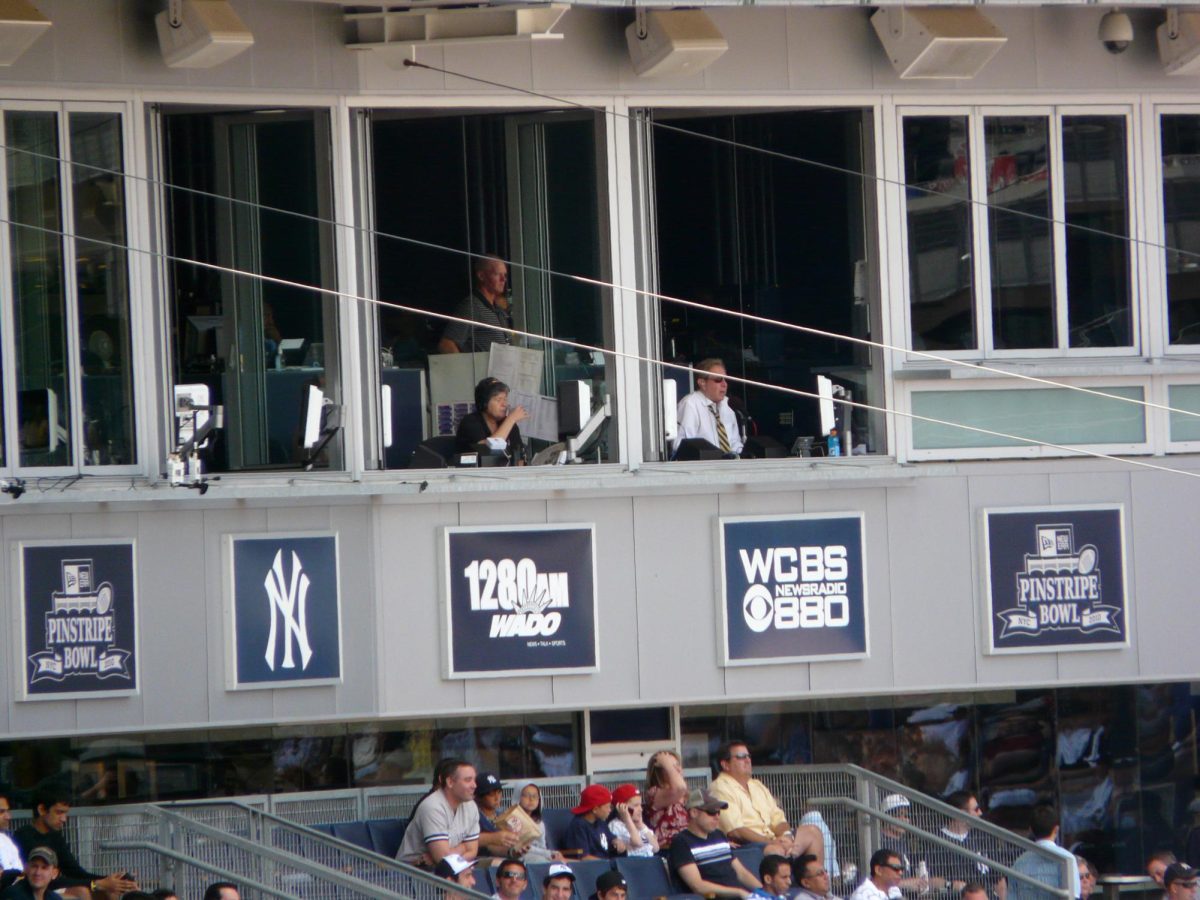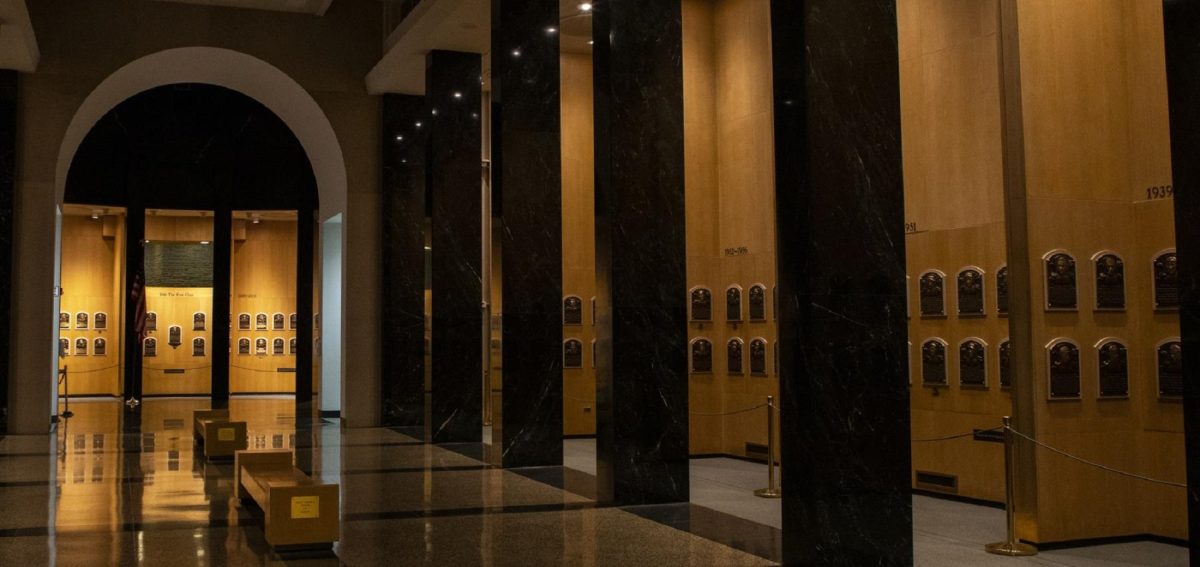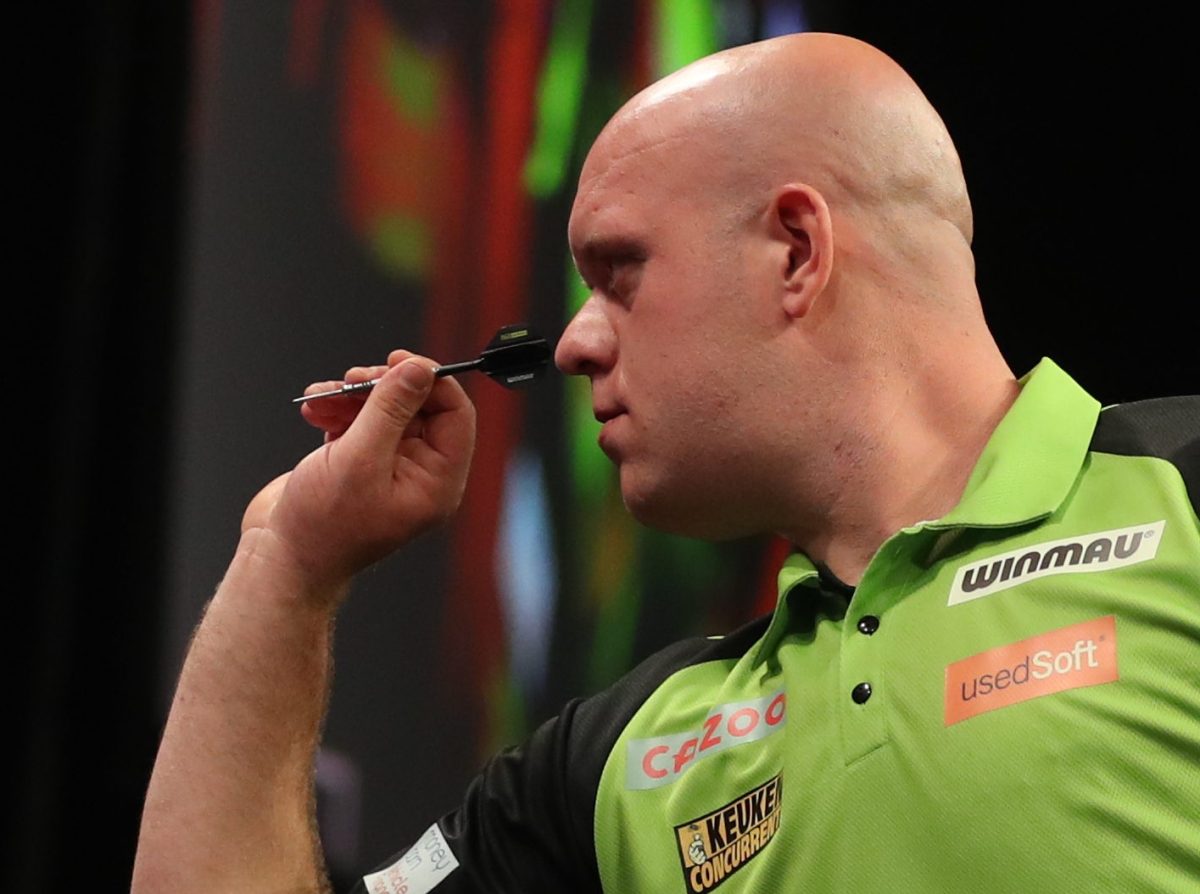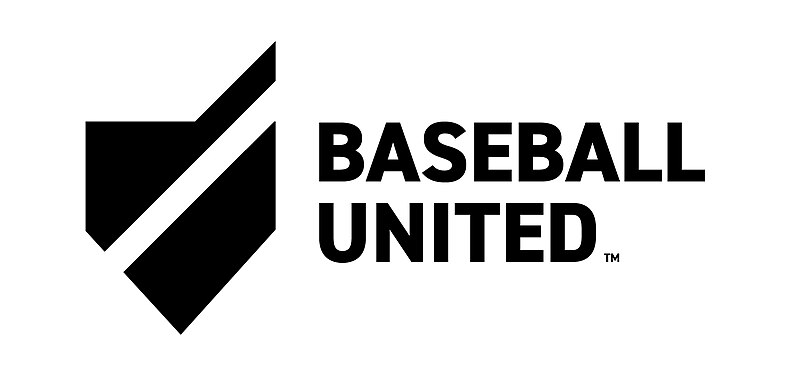It’s been so long since last we met!
Let’s take a look at how my designated winners and losers of the off-season are faring.
My two biggest winners of the off-season — the New York Mets and Los Angeles Dodgers — are both atop their respective divisions, as of Sept. 15. These two teams have, however predictably, dominated the regular season — with their off-season additions making significant impacts. In fact, the off-season additions of Max Scherzer, Starling Marte and Mark Canha have cumulatively added 9.6 Wins Above Replacement (WAR) for the Mets. Similarly, newcomers Freddie Freeman and Tyler Anderson added 10 WAR to the Dodgers, according to Fangraphs.
Meanwhile, my two biggest losers of the off-season — the Colorado Rockies and Washington Nationals — both sit at the bottom of their respective divisions. The Nationals have traded their best player in team history in Juan Soto (yes, he is that good), an event I predicted in my off-season review. And the New York Yankees, whose lack of acquisitional aggression I criticized, are in the midst of a historic slide from grace.
Okay, I’m done tooting my own horn. I’m just a biased Mets fan who thinks the “Amazins” will win the World Series every year (but this year is different!) at the end of the day.
In this edition of “Rounding the Diamond,” I want to talk about the recent Major League Baseball (MLB) rule changes that will take effect in next year’s baseball season.
Earlier this week, the Major League Baseball Players Association agreed to three new rule changes for the upcoming 2023 season. Put simply, America’s favorite pastime will now have larger bases, a pitch timer and no defensive shifts.
First off, the MLB and the Players Association introduced larger bases, arguing that they will decrease the chance of injury. No complaints there.
Next, former Chicago Cubs and Boston Red Sox executive legend Theo Epstein and the MLB announced some changes to speed up the pace of the game.
“In an effort to create a quicker pace of play, there will be a 30-second timer between batters. Between pitches, there will be a 15-second timer with the bases empty and a 20-second timer with runners on base,” the MLB announced in a statement on their website.
I went to a minor league game this summer to see the Portland Sea Dogs face the Somerset Patriots, and the pitch clock was phenomenal. The game didn’t feel dragged out at all, and the pace of play was entertaining. The MLB cites that Minor League Baseball games were, on average, 26 minutes shorter than years past. This will undoubtedly be a welcome change for all fans.
Lastly, and perhaps most controversially, the MLB announced a limit on defensive shifts.
“The defensive team must have a minimum of four players on the infield, with at least two infielders completely on either side of second base,” the MLB announced.
Although the iconic positional fluidity of baseball may be depressed, more spectacular defensive plays and hits — coming from defensive players being further away from predicted ball paths — sound pretty sweet. (We also won’t have to worry that the batting average on balls in play doesn’t take into account the shift, but that’s more of a personal excitement I imagine).
Baseball has officially turned the dial with future viewership in mind.
In all honesty, I don’t really care that these changes go against baseball’s long and storied past. Other major sports leagues have no issue changing their rules and practices on a yearly basis. In fact, I believe the success of the National Football League and National Basketball Association in recent years can be partially attributed to the fact they listen to their fans and players and quickly implement on-field changes.
The MLB and its fans, however, are known to oppose change, anchoring the sport in its traditions. For better or worse, baseball’s decisions have repeatedly prioritized history over evolution.
Now, though, unlike prior policies like the “ghost runner” or seven-inning doubleheaders, these changes have some strong rationale behind them.
Now if only we could entirely remove batting average from baseball broadcasts…
Eli Blumenfeld is a sophomore in the College. Rounding the Diamond appears online and in print every other week.














